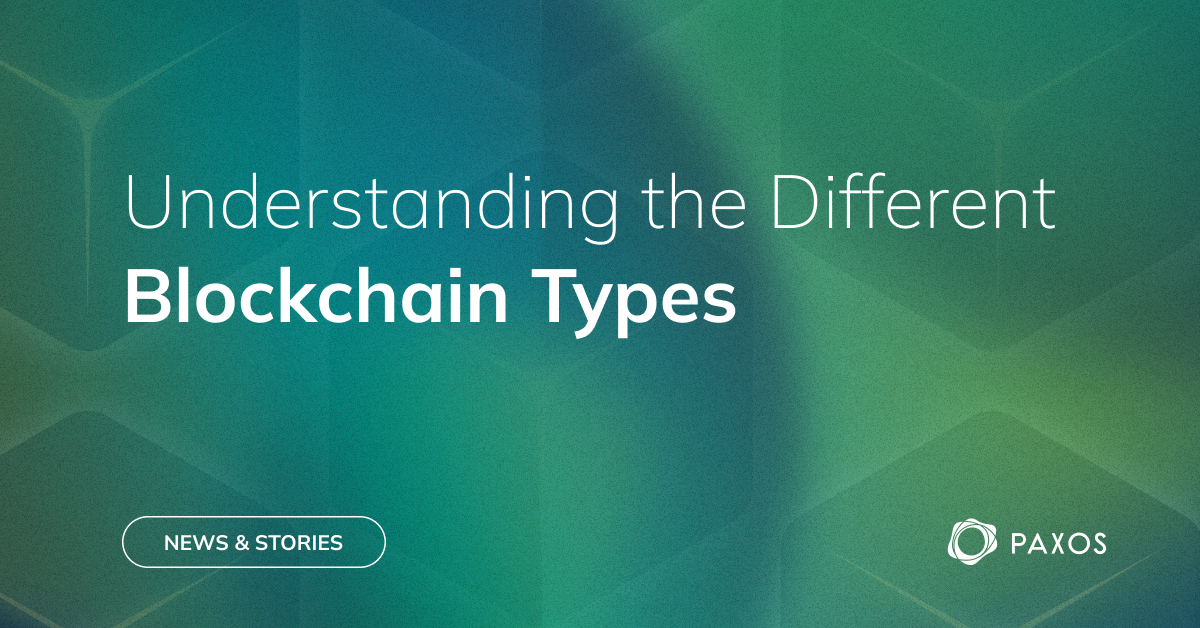Shop At Haya: Your Ultimate Shopping Guide
Discover the best shopping tips, trends, and deals for a smarter buying experience.
Blockchain: The Digital Ledger Revolutionizing Trust
Discover how blockchain is reshaping trust in the digital world and revolutionizing transactions. Unlock the future of technology today!
How Blockchain Technology is Transforming Trust in Digital Transactions
Blockchain technology is revolutionizing the way we perceive and establish trust in digital transactions. Traditionally, trust in online exchanges has relied on intermediaries such as banks or payment processors, which often introduce inefficiencies and vulnerabilities. With the advent of blockchain, transactions can be executed directly between parties through a secure and immutable ledger. This eliminates the need for intermediaries and significantly reduces transaction costs while enhancing the speed and transparency of the process. As more businesses and consumers adopt this technology, we can expect a dramatic shift in how trust is established and maintained in the digital marketplace.
Furthermore, the inherent characteristics of blockchain technology, such as decentralization and encrypted data storage, provide a robust framework for safeguarding sensitive information. Each transaction recorded on the blockchain is time-stamped and linked to the previous transaction, creating a secure and traceable history that is resistant to fraud and unauthorized alterations. According to a report from PwC, businesses that implement blockchain solutions may experience an increase in customer trust, paving the way for new economic models grounded in transparency and accountability. As this technology continues to evolve, it promises to redefine how trust is built online, promoting a digital landscape where stakeholders can engage with confidence.

The Basics of Blockchain: Understanding the Digital Ledger
Blockchain is a decentralized digital ledger technology that allows for secure and transparent recording of transactions across multiple computers. Unlike traditional databases, which are often controlled by a single entity, a blockchain operates on a peer-to-peer network, ensuring that all participants have access to a shared version of the data. Each transaction is grouped into a block, and once the block is filled, it is cryptographically sealed and attached to the previous block, forming a chain. This structure not only enhances data integrity but also makes it virtually impossible to alter past records without the consensus of the majority of the network. To learn more about how blockchain works, you can visit Investopedia.
Understanding the fundamentals of blockchain is crucial for grasping its potential applications across various industries. From finance to supply chain management, the ability to record data transparently opens up opportunities for improved efficiency and security. Moreover, blockchain technology also supports the creation of smart contracts, which are self-executing contracts with the terms written directly into code. These contracts automatically enforce and execute agreements when predetermined conditions are met, reducing the need for intermediaries and streamlining processes. As the world continues to explore the possibilities of blockchain, understanding its basics can significantly enhance your digital literacy.
What are Smart Contracts and How Do They Enhance Trust on the Blockchain?
Smart Contracts are self-executing contracts with the terms of the agreement directly written into code. They operate on a blockchain, a decentralized and distributed ledger that ensures transparency and security. When specific conditions are met, these contracts automatically execute actions, such as transferring digital assets or enforcing regulations, without the need for intermediaries. This automation significantly reduces the risk of manual error and fraud while increasing efficiency in various sectors, from finance to supply chain management.
One of the most compelling benefits of Smart Contracts is their ability to enhance trust on the blockchain. Since transactions are verified by all parties involved and recorded on an immutable ledger, the risk of tampering or manipulation is minimized. This system creates a trustless environment, where participants can engage without needing to know or rely on each other. According to a Forbes article, Smart Contracts revolutionize traditional business practices by enabling greater accountability and transparency, paving the way for more secure and efficient transactions.